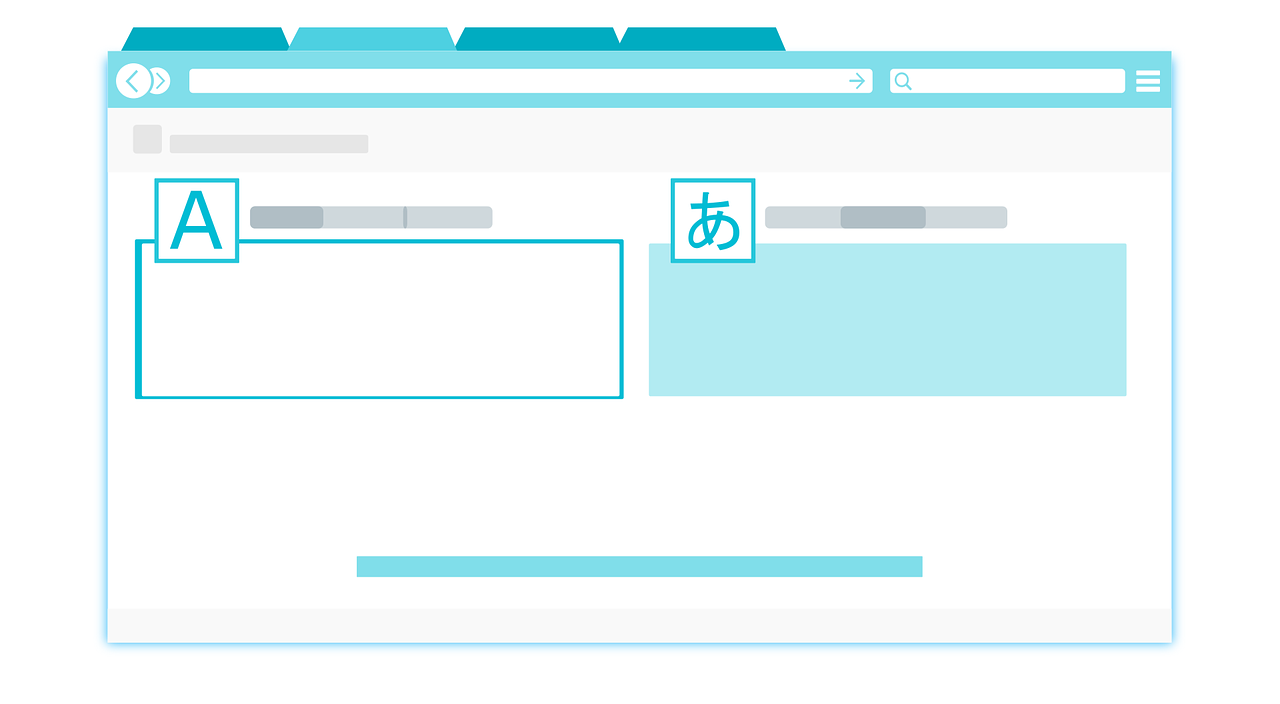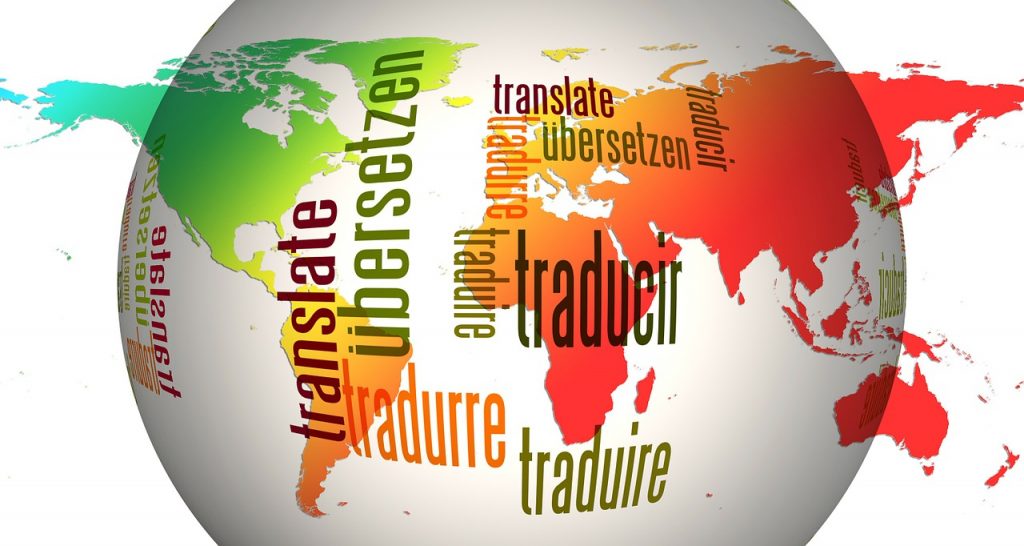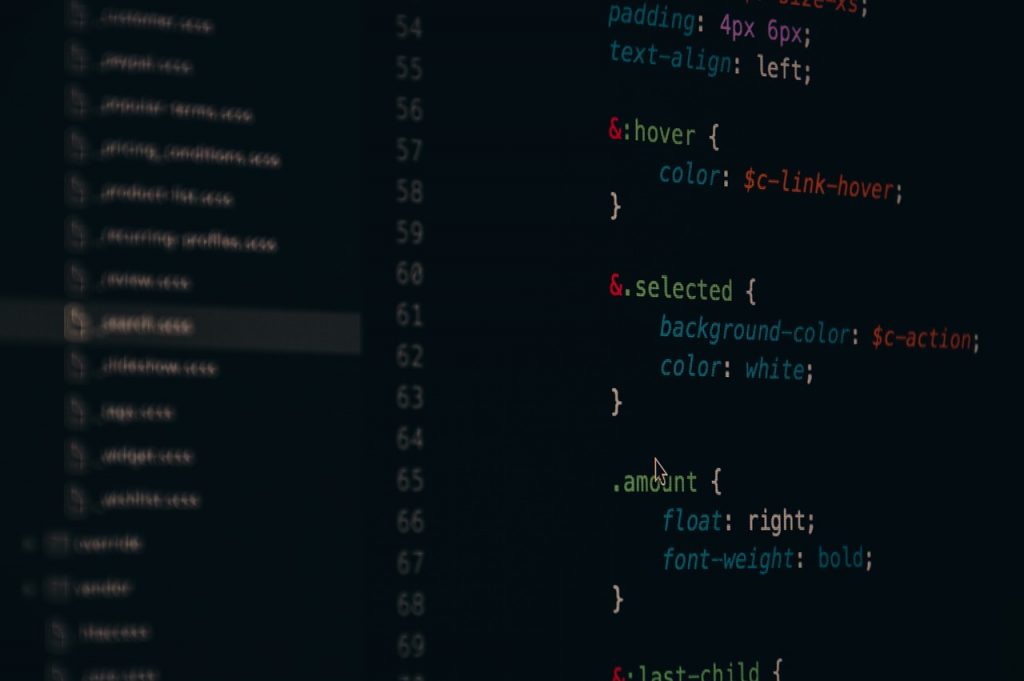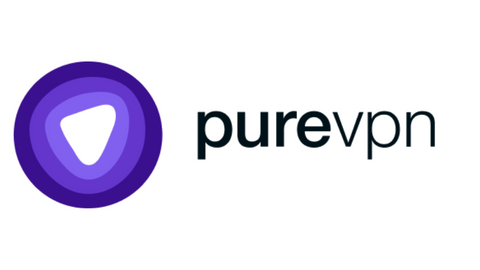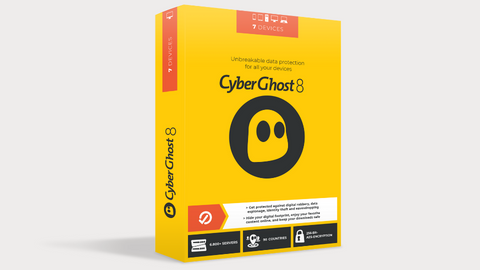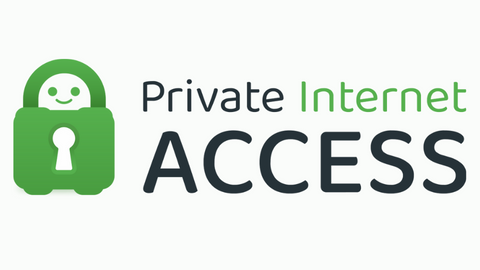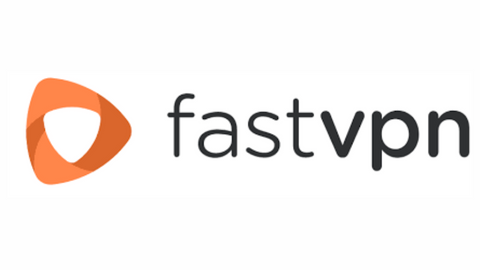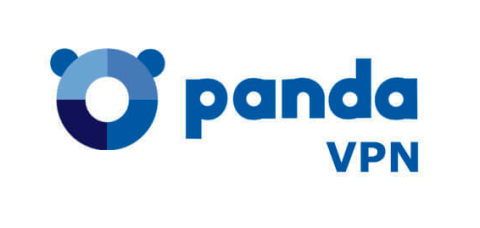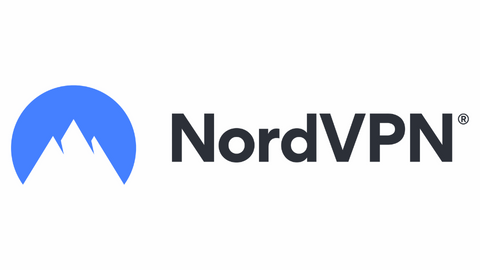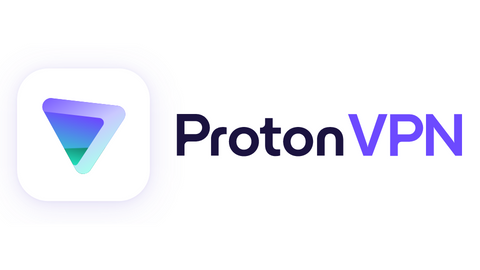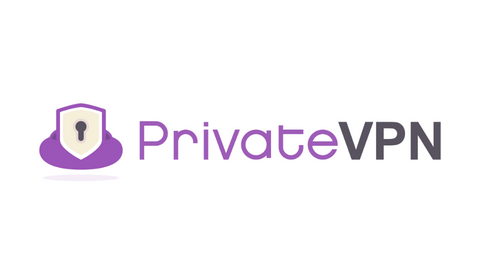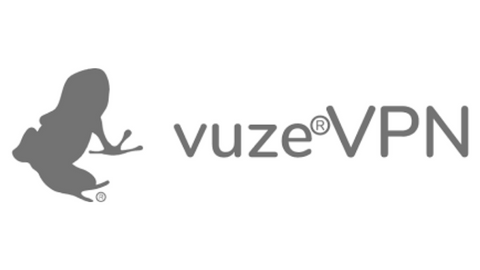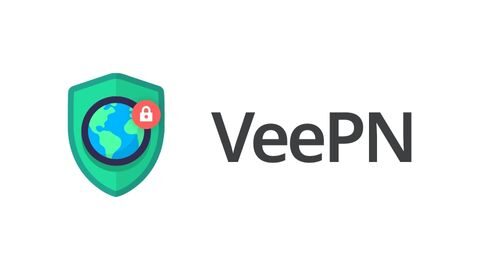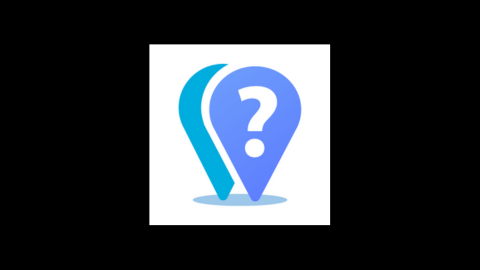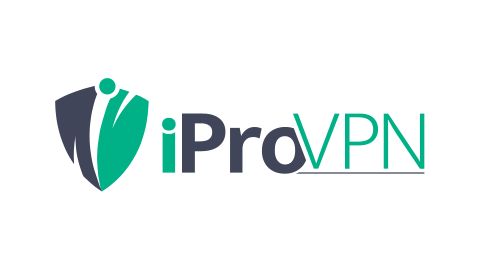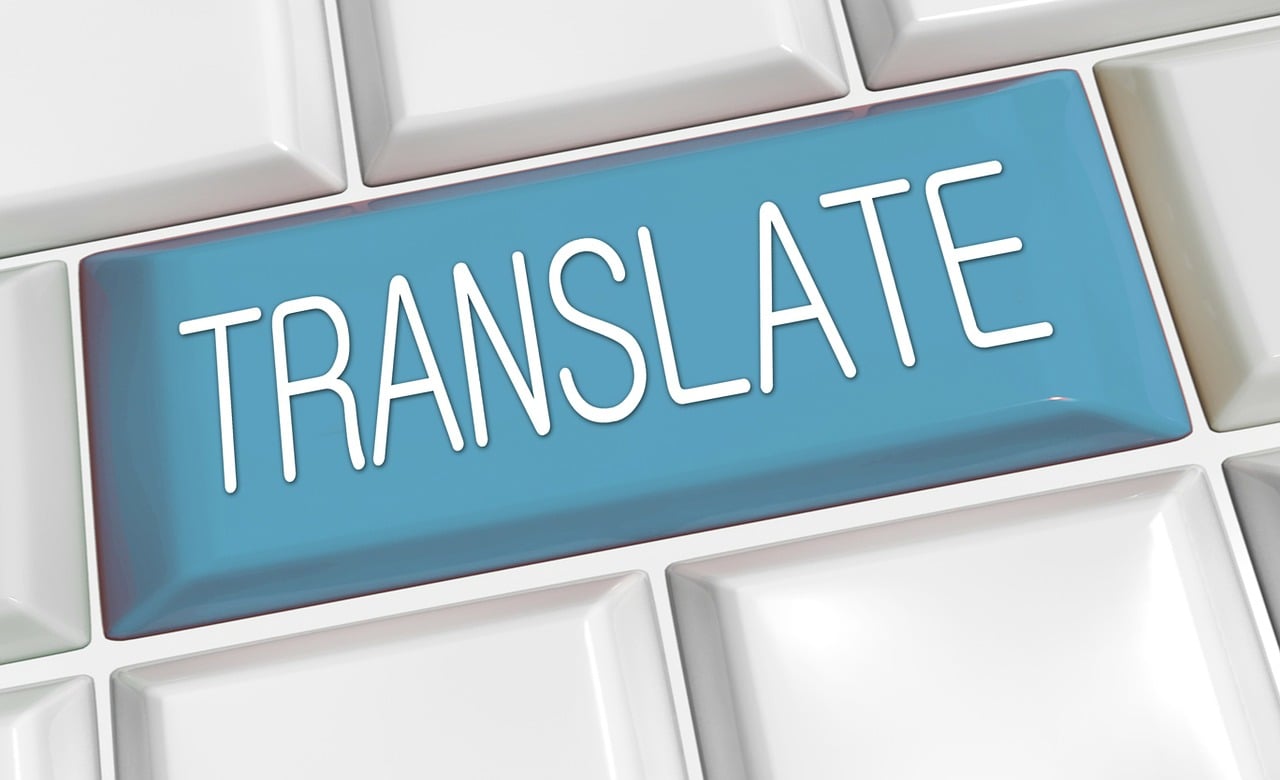Today, we will answer the question – is Google Translate secure?
In today’s interconnected world, the ability to communicate seamlessly across language barriers is nothing short of a modern marvel.
Google Translate stands at the forefront of this linguistic revolution, offering the promise of instant translation in over a hundred languages.
Google Translate is one of the best language translation apps the world has ever experienced. With Google translation services, you can communicate and make your intentions clear in over a hundred languages! Fantastic, isn’t it?
It’s a tool that has become an indispensable part of our lives, whether for navigating foreign lands, conducting international business, or connecting with people from diverse corners of the world.
However, beneath the convenience and magic of Google Translate lies a crucial question that demands our attention: Is Google Translate secure?
In this post, we delve deep into the realm of digital language translation to unveil the truth about its privacy, confidentiality, and the security it provides to users.
Table of Contents
Is Google Translate Secure?
Google’s privacy policy, the bedrock of user trust, comes into play here. It affirms that, “When you use our services, you’re trusting us with your information. We understand this is a big responsibility, and we work hard to protect your information and put you in control.” This commitment extends to Google Translate as it is part of the ‘services’ covered by this policy. However, the reality is more nuanced than this assurance.
When you feed text into Google Translate, the content takes on a new identity. It ceases to be exclusively yours. Your confidential information, once entrusted to the translation engine, loses its veil of confidentiality.
“Simply put, when you use Google Translate to translate text, your content no longer remains private. Your once-confidential information becomes accessible to others, making it no longer confidential.”
But how does this transformation occur? Google Translate, with the noble aim of providing accurate translations, stores these inputs to enhance its vast vocabulary base. It’s a process that raises privacy concerns.
The content you thought was private becomes subject to Google’s vigilant algorithm, a digital sentinel that reads, listens to, and scans every morsel of data uploaded to Google. The transformation is profound – from your private thoughts to content within Google’s ever-expanding digital universe.
Document privacy takes center stage in this narrative. If you’re considering translating sensitive documents through Google Translate, pause and think. The process of uploading these documents introduces a significant vulnerability.
Why? Because Google, though a trusted name, remains a third party in this exchange. This sends a chill down the spine of some, realizing that Google is one of the largest data mining companies in the world.
READ ALSO: How To Translate On Google: A Comprehensive Guide for Language Enthusiasts
Cybersecurity Concerns When Using Google Translate
In as much as using Google Translate is a delight, security concerns are raised about the confidentiality of Google Translate. Can it keep confidential information private?
Google Translate is a powerful tool for bridging language barriers, but it’s important to be aware of potential risks.
Here’s a brief overview of the cybersecurity concerns associated with using Google Translate:
- Data Privacy: When you input text into Google Translate, the content is transmitted over the internet to Google’s servers for translation. This raises concerns about the privacy of the information you provide, especially if it’s sensitive or confidential.
- Storage and Access: Google Translate stores the text you input to improve its translation quality. While this data is typically anonymized, the fact that your text is stored and analyzed by Google’s algorithms can be a concern for some users.
- Potential for Data Breaches: Although Google has robust security measures in place, no system is entirely immune to data breaches. There’s always a risk that unauthorized access could compromise the confidentiality of the data you input.
- Translation Accuracy: While not a security concern in the traditional sense, the accuracy of translations is vital, especially when dealing with technical, legal, or medical documents. Inaccurate translations can lead to misunderstandings or miscommunications, potentially impacting security.
- Network Vulnerabilities: When using Google Translate on public Wi-Fi networks, there’s a risk of interception or eavesdropping on your translations, potentially exposing sensitive information.
To mitigate these concerns, it’s advisable to be cautious when using Google Translate for highly sensitive information.
Consider alternative methods for translation, such as using offline translation tools or seeking professional translation services, especially for confidential documents.
Always ensure your device and network are secure, and be aware of the privacy policies of the tools and services you use.
Enhancing Security With VPNs
In the world of online privacy and security, Virtual Private Networks (VPNs) play a crucial role. When using Google Translate or any online service, it’s essential to safeguard your data.
VPNs offer an extra layer of protection by encrypting your internet connection, making it more challenging for malicious actors to intercept your data.
We recommend considering reputable VPN services like Surfshark, NordVPN, ExpressVPN, or CyberGhost.
These VPNs offer strong encryption, a strict no-logs policy, and servers in various locations, which can help protect your data while using Google Translate, especially on public Wi-Fi networks.
Here are the best VPN services to consider:
Is Google Translate Private?
Google Translate is not a completely private tool. When you use Google Translate, your input text is transmitted over the internet to Google’s servers for translation.
This process involves potential risks, such as data storage for improving translation quality, as well as the involvement of a third party in handling your data.
While Google does take steps to protect user data and has a privacy policy in place, it’s essential to be aware of these considerations and exercise caution, especially when dealing with sensitive or confidential information.
Google Translate is a powerful tool for overcoming language barriers, but it’s important to understand that it operates within the framework of Google’s broader ecosystem, which has implications for privacy:
- Data Transmission and Storage: When you use Google Translate, the text you input is sent to Google’s servers over the internet. This transmission is a standard practice for online translation services. Your text is temporarily stored on their servers to improve translation quality. While Google emphasizes that this data is typically anonymized, it’s still stored and processed within their infrastructure.
- Privacy Policy: Google has a comprehensive privacy policy that governs how it handles user data, including the data entered into Google Translate. This policy outlines their commitment to user privacy and data security. However, it’s essential to read and understand this policy to be fully aware of how your data may be used.
- Risks of Third-Party Involvement: Google is a third party in the translation process. This means that, in addition to their privacy policies, your data is subject to their algorithms and analysis. While Google is a reputable company, its involvement introduces an element of external handling that can raise privacy concerns.
- Sensitive Information: Users should exercise caution when using Google Translate for highly sensitive or confidential information. While measures are in place to protect user data, there is always a level of risk involved when entrusting sensitive content to an online platform. The anonymization of translated text does not provide an absolute guarantee of privacy.
Nevertheless, Google Translate is a valuable tool, but it’s not a private communication platform. The nature of online translation services involves the transmission and storage of data, and the involvement of a third party.
Users should consider these factors and make informed decisions, especially when dealing with highly sensitive or confidential information.
If privacy is a top concern, exploring alternative methods for translation, such as offline tools or professional translation services, may be advisable.
READ ALSO: How To Read Someone’s Text Messages Without Their Phone
Other Google Translate Concerns
Can Google Translate Deal With the Complexity of Human Language?
The human language is complex and diverse; it includes non-spoken words, feelings, emotions, and gestures. It would be safe to say that language development is man’s most significant achievement since It far outweighs other ancient and modern human accomplishments to date.
Based on the complexity of human language, it is nearly impossible for Google to imitate the complexity displayed by humans in processing language.
In essence, Google Translate cannot translate the emotions conveyed in human words since it doesn’t understand human feelings and emotions.
Hence, without the sentiments expressed in human language, Google Translate can translate a statement into a different meaning or sentence.
How Well Does Google Auto-Translate English Into Other Languages?
Multinational organizations use Google Translate to communicate with employees, business associates, investors, contractors, etc. from non-English speaking parts of the world.
This works well when translating English into significant languages like French, Spanish, German, and Mandarin due to the relatively vast collection of vocabulary bases and interconnections between partnering countries.
The reverse is the case for other languages with a limited vocabulary base. However, I did say Google does an excellent job translating other languages into the English language since its algorithm was developed by programmers who are English-speaking.
Hence, you get excellent auto-translation from Google Translate when you’re dealing with major world languages than when dealing with a lesser-known language.
Can Google translate ‘Jargons?’
Every industry has the specific jargon language it uses in conducting its day-to-day activities. These jargon hold deeper meanings relating specifically to the events going on in such an industry. Hence, it becomes difficult for humans outside of the industry to understand such jargon.
Google Translate’s algorithm is not imbued with the ability to understand and translate such jargon, conveying its exact meaning and nuances. Hence, such functions can only be carried out by a human who understands both languages quite well and is also familiar with the jargon language relating to the industry in question.
Final Thoughts
Hope we have answered the question – is Google Translate secure?
Although not much can be desired from Google Translate in terms of privacy and security of information, it has proven quite beneficial in bridging the language barrier existing in the world.
The combined help of humans and machine learning can go a long way in improving the accuracy of Google translation. With more support from human volunteers from around the world, Google Translate would be able to build its language database to give a reasonably accurate language translation.
In conclusion, Google Translate is a powerful tool for language translation, but users must be aware of its limitations, especially regarding privacy, language complexity, and industry-specific terminology.
As technology evolves and human contributions expand, Google Translate will continue to play a vital role in facilitating global communication. While it may never completely understand the depth of human emotion, future developments may bring us closer to more nuanced and context-aware translations.
RELATED POSTS
- How To Secure Devices Against Phishing Emails
- Top 4 Dangerous VPN Providers to Avoid
- Is TikTok Dangerous Or Safe?
- Scattered Canary: How A Nigerian Fraud Ring Hijacked Washington Unemployment System
- 5 Tips To Help You Successfully Translate Your Online Store
- Corroborate Understanding Of Cybersecurity With Translation
- Mobile Payment Security Concerns – Four Big Things To Consider
- Most Helpful Apps For Students
- Why Is Cybersecurity In Financial Services Important?
About the Author:
Amaya Paucek is a professional with an MBA and practical experience in SEO and digital marketing. She is based in Philippines and specializes in helping businesses achieve their goals using her digital marketing skills. She is a keen observer of the ever-evolving digital landscape and looks forward to making a mark in the digital space.
Daniel Segun is the Founder and CEO of SecureBlitz Cybersecurity Media, with a background in Computer Science and Digital Marketing. When not writing, he's probably busy designing graphics or developing websites.


